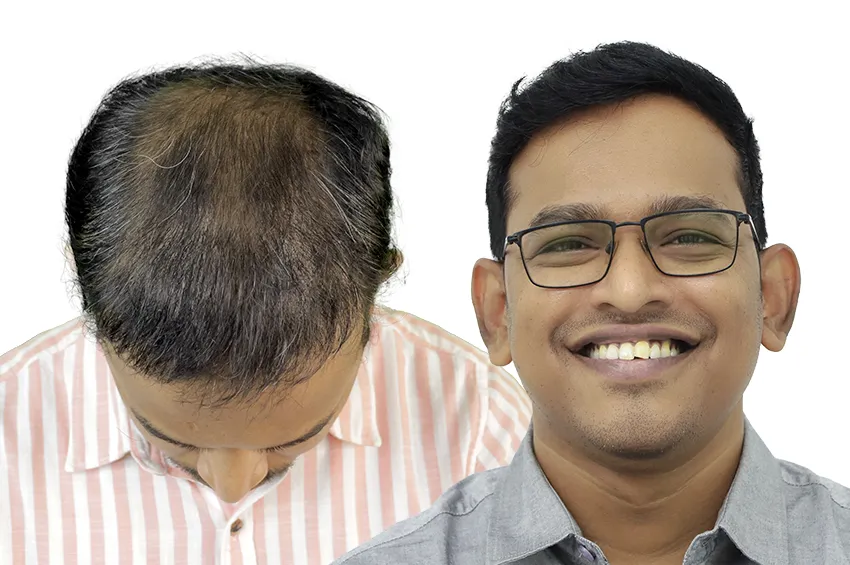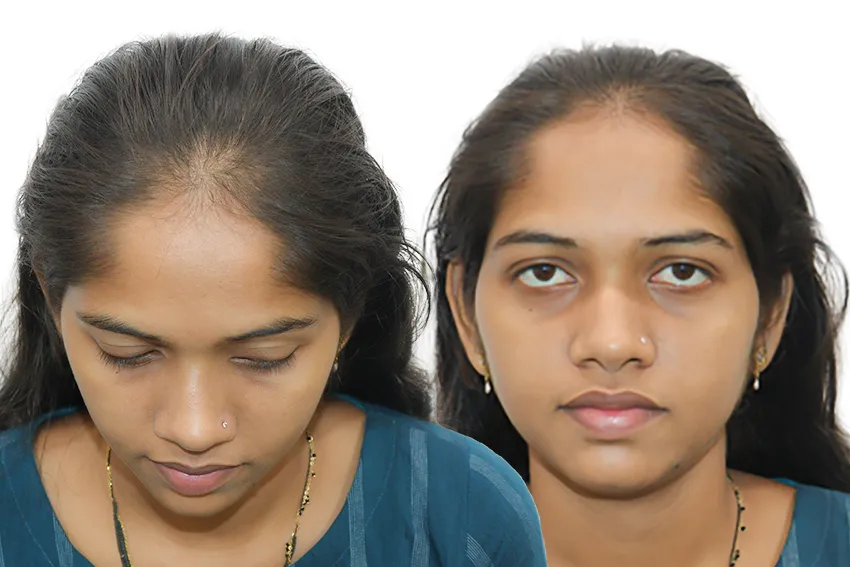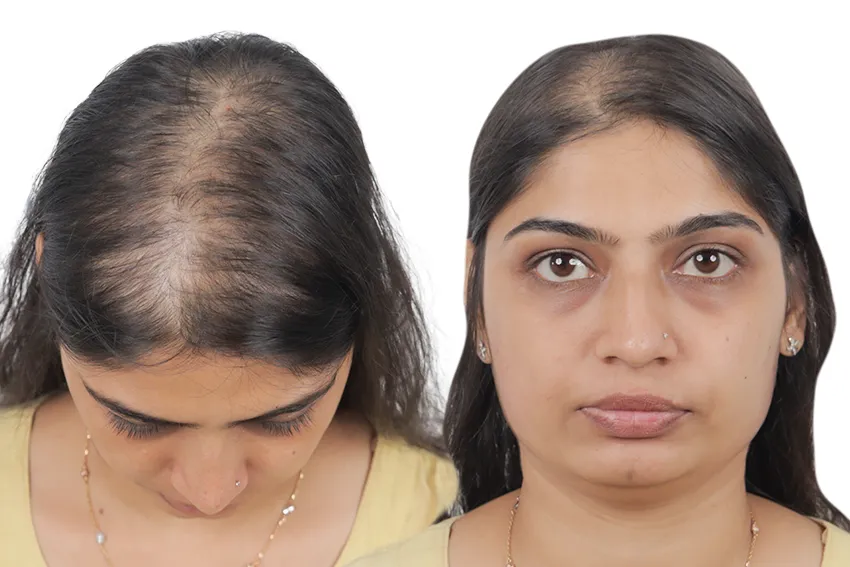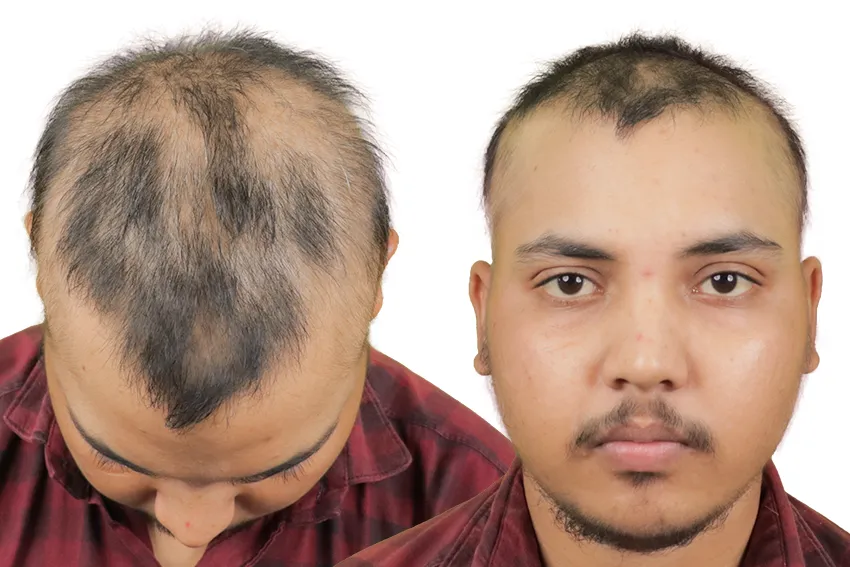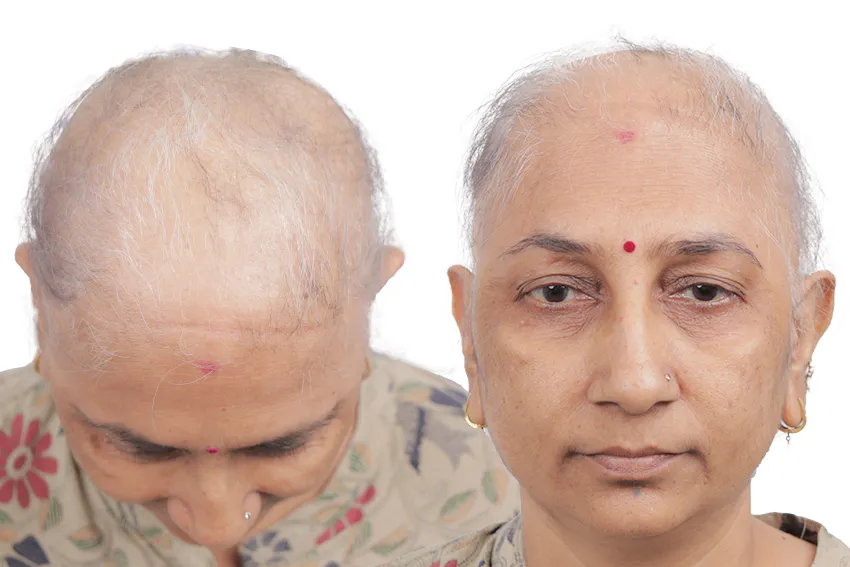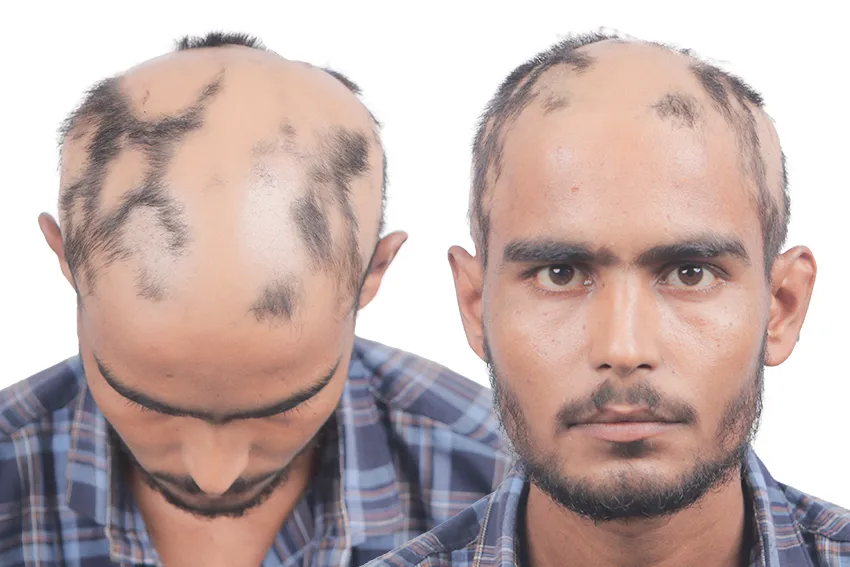
Vegan Hair Loss: Expert Tips and Advice
Have you recently transitioned to a vegan lifestyle and noticed that your hair isn’t as vibrant and healthy as it once was? Or perhaps you’re experiencing hair loss and wondering if your new diet might be the cause? You’re not alone—many people have raised concerns about the connection between veganism

